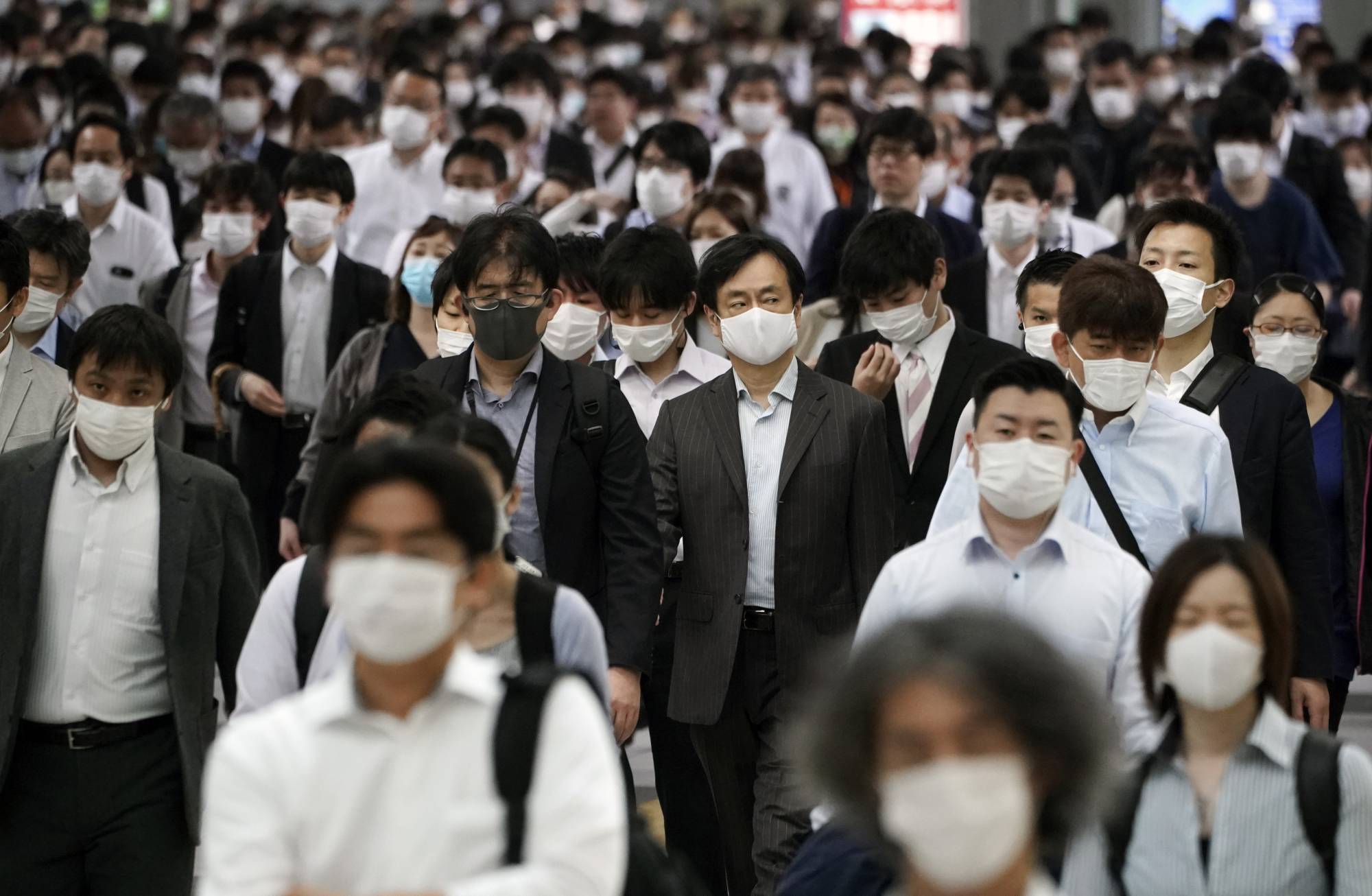I was sent scrambling for my dictionary on June 4 when Finance Minister Taro Aso declared that the different "mindo" between Japan and other countries was the reason behind Japan’s low COVID-19 death rate.
A quintessentially nebulous Japanese word, mindo denotes the standard of living and cultural level of a people, and can variously be used to refer to a population’s degree of maturity in terms of intellectual, educational, and cultural levels, or behaviors.
The word "mindo" was created during the Meiji Ea (1868-1912), a time when Japan became interested in comparing itself with other countries. Inherent in it is a sense of judgement about which populations’ “level” or “standards” are higher or lower. Scholar Michael Kim notes that during the colonization of Korea, “The Japanese deployed the mindo concept frequently to justify their unequal colonial policies and explain their rationale for excluding Koreans from the welfare and educational policies instituted in Japan proper.” Last week, television personality Dave Spector said that he had been told never to use the term on air.


















With your current subscription plan you can comment on stories. However, before writing your first comment, please create a display name in the Profile section of your subscriber account page.